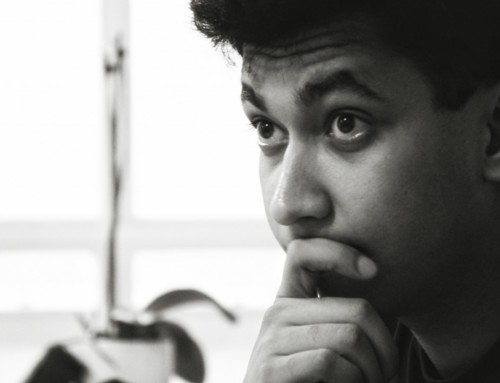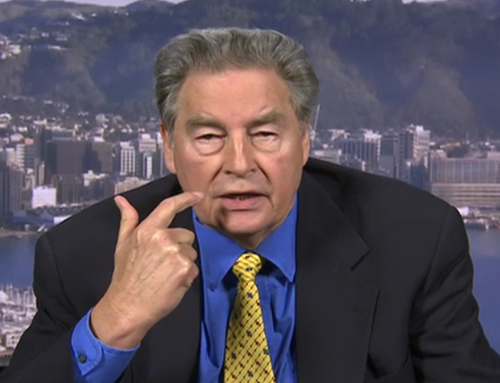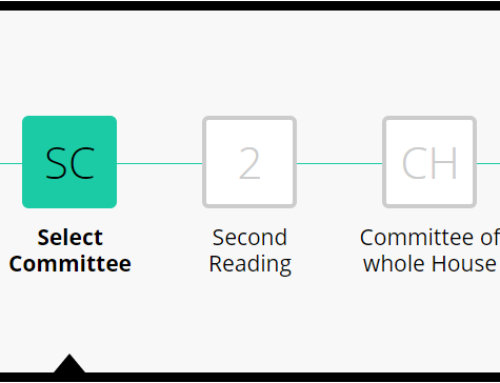Should New Zealand have a sugar tax? Dr Rob Beaglehole is fighting for a sugar tax to help combat tooth decay, type 2 diabetes, heart disease and some cancers.
We at MSoF want to see fewer teeth being removed out of children’s mouths (as shown in the video) and we agree that there should be a sugar tax. The evidence is currently limited to the fact that it will help prevent caries, so ideally should be combined with other plans like fluoridation. Most of the countries that have taxed unhealthy foods have only done so in more recent years. Taxing something requires a whole-country approach, and it is difficult to see an immediate result with disease like caries where the outcomes often take a long time.
While community water fluoridation (CWF) helps to reduce tooth decay, we currently don’t have nationwide CWF – some areas still miss out. Taxes on the other hand are nationwide.
There is data already on obesity like the study “Evidence that a tax on sugar sweetened beverages reduces the obesity rate: a meta-analysis“. This study concludes:
“Taxing SSBs
Better quality data should start to appear in the next couple of years.
Mexico soda tax (roughly US$0.08 per liter) is working. Coca-Cola Femsa, reported weak Mexican sales volumes, which slipped 2.8%. Its rivals also reported a decrease in sales.
The only issue we could see is that low-income people buy more unhealthy food (which also includes sugar laden foods), and so a tax on unhealthy food would mean that low-income people would pay more tax. So it is important that the money gained from the tax be put into strategies that benefit most those children from low-income homes.
Sugar tax photo by me.







The companies would be delighted replace sugar with the much cheaper non nutritive sweeteners.
However:
“We observed significantly greater weight gain among Wistar
rats fed diets supplemented with NNS – whether saccharin or
aspartame – compared with sucrose. This increase was not the re-
sult of increased total caloric intake. This discrepancy raises the
possibility that weight gain in NNS-fed rats might result from de-
creases in energy expenditure, which have been observed in other
studies. Further studies are necessary to address energy expendi-
ture after NNS exposure in rats as well as long-term clinical trials
to evaluate weight gain increases in humans”
http://enl264group5.umassd.wikispaces.net/file/view/saccharin+and+aspartame,+compared+with+sucrose,+induce+greater+weight+gain.pdf
Good on Rob Beaglehole for identifying the real issue with tooth decay. Too much sugar in our diets.
Listen to his interview with Jim Mora and FFNZ’s comments.
http://fluoridefree.org.nz/reply-jim-mora-show-27-feb-2015/
Even smaller amounts of sugar associated with starch in baked goods are not good. Sugar as sweets without starch is not bad in this study: http://ajcn.nutrition.org/content/66/5/1257.full.pdf
Maybe sugar stimulates saliva which is known to be protective and is probably the mechanism whereby fluoride protects teeth since fluoride disables acetylcholinesterase thus saliva flows.
Note greater effect of fluoridated water compared to food or toothpaste fluoride, since it is consumed more frequently thereby increasing hours of salivary flow.
Maori in the Ureweras 50km from the coast had only about 1% tooth decay till they moved to Auckland and bread sort of foods.
Breads may stick on the teeth and stop saliva getting there.
I don’t think a sugar tax would do much to reduce tooth decay. Show me any other study, please, which allows for starch effect.
Sugar Industry Influence on the Scientific Agenda of the National Institute of Dental Research’s 1971 National Caries Program: A Historical Analysis of Internal Documents
http://journals.plos.org/plosmedicine/article?id=10.1371/journal.pmed.1001798#sec031
Published: March 10, 2015
•DOI: 10.1371/journal.pmed.1001798
The Sugar Solution. Daniel please post on your fb page and lets get the word out that the issue is sugar.
http://fluoridefree.org.nz/the-sugar-solution/
But to substitute artificial sweeteners may bring other significant costs: http://www.scientificamerican.com/article/artificial-sweeteners-may-change-our-gut-bacteria-in-dangerous-ways/